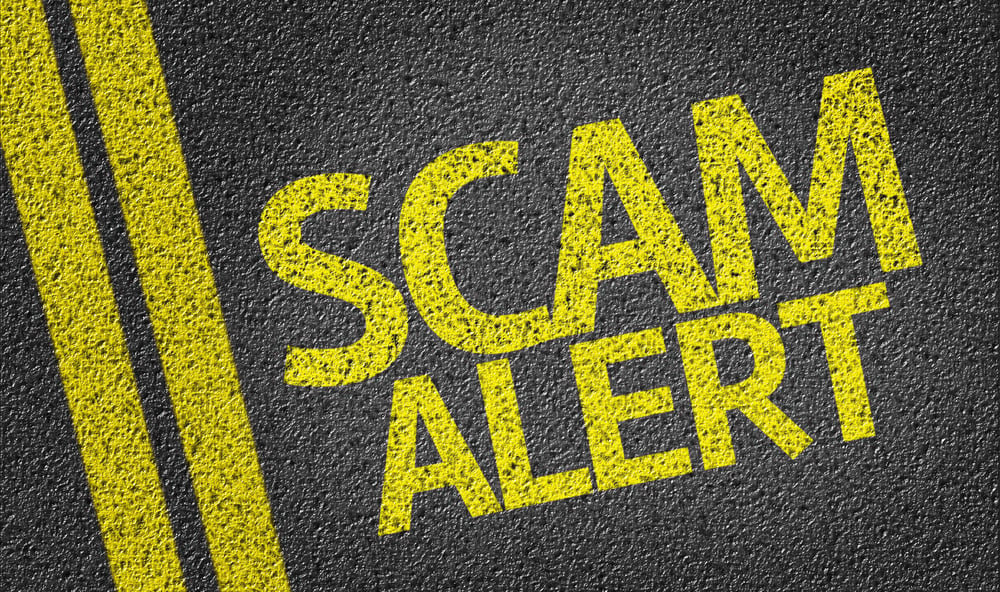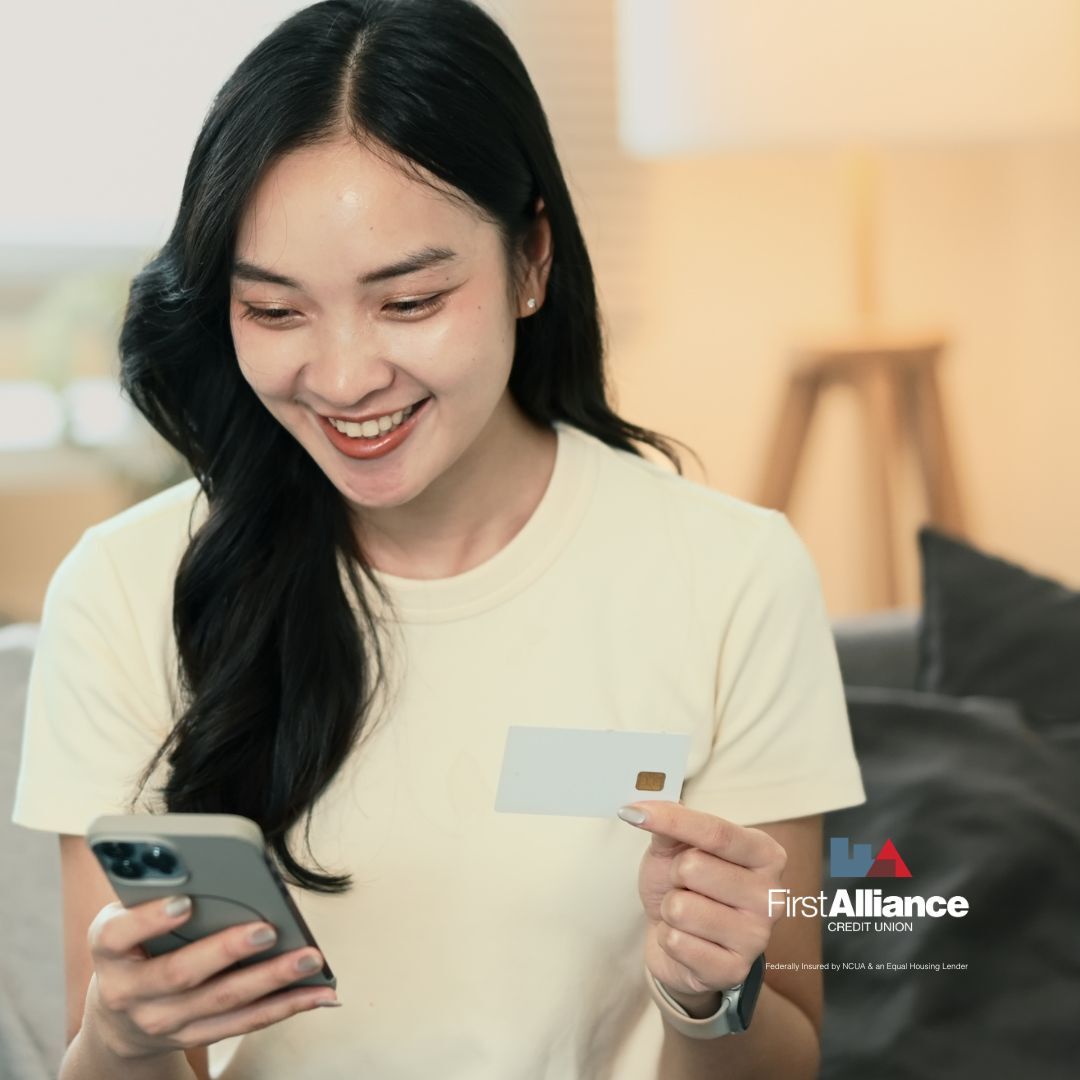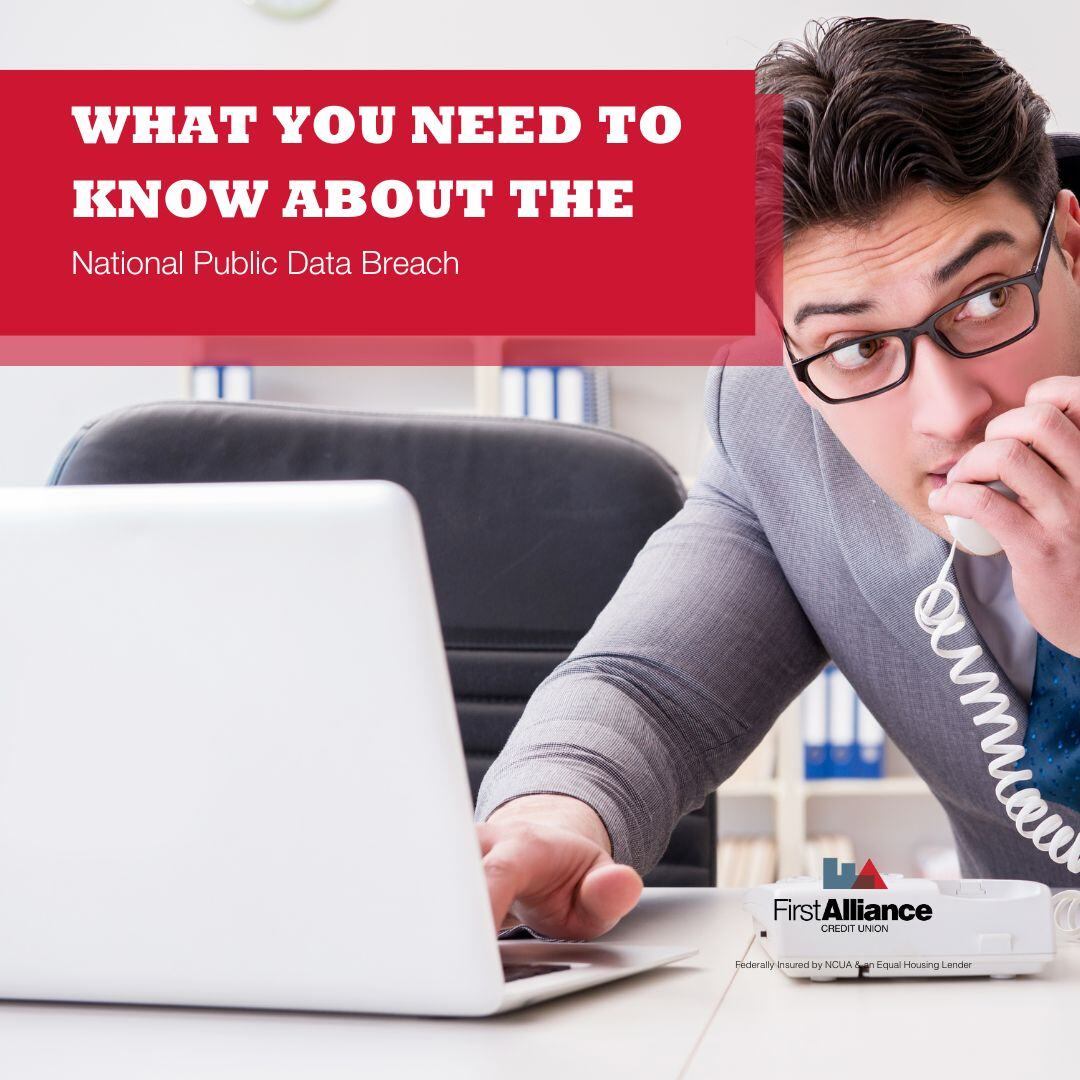How to Protect Yourself from Identity Theft: Steps You Can Take Today
Identity theft is more common than we’d like to think, and it could happen to anyone. With all the data breaches and scams floating around, it’s...
3 min read
![]() First Alliance Credit Union
:
Mar 22, 2020 6:15:00 AM
First Alliance Credit Union
:
Mar 22, 2020 6:15:00 AM

Credit Unions across the state received the following notification from the Attorney General Keith Ellison. He provides important information on how to protect yourself from COVID-19 scams and how to report price-gouging.
Minnesota Attorney General Keith Ellison today provided warnings, tips, and resources to Minnesota consumers so that they can be on the lookout for and protect themselves from scams related to the Coronavirus Disease 2019 (“COVID-19”). With the number of confirmed COVID-19 cases rising in Minnesota, scammers are increasingly preying on Minnesota consumers by attempting to sell them bogus products or unproven treatments, as well as attempting to trick them into revealing their sensitive personal or financial information. Attorney General Ellison also encouraged Minnesotans to report any price-gouging related to the COVID-19 crisis to his office.
“As we come together to combat COVID-19, Minnesotans need to be just as vigilant about protecting their pocketbooks from scammers as they are about keeping themselves and their communities healthy,” said Attorney General Ellison. “My job is to help Minnesotans afford their lives and live with dignity and respect, now more than ever. My office is on high alert to identify and use all our resources to COVID-19-related scams. We need Minnesotans’ help in doing it. I strongly urge anyone who has come across what they think is a scam or believes they’ve been a victim of one to contact my office immediately.
“It’s important to speak up if you’ve been scammed. You might feel ashamed and not want to tell anyone. But if you tell us, we may be able to help you, and when you tell us, you’ll be helping others,” Attorney General Ellison concluded.
Scam artists are exploiting public anxieties surrounding COVID-19 to victimize consumers. Emerging scams include:
Attorney General Ellison’s Office is also concerned with reports that some retailers may be engaged in price-gouging practices by selling essential goods or services (such as food, health care related goods or services, and medical supplies) at unconscionable or excessively inflated prices as a result of COVID-19. The Attorney General strongly encourages consumers to report such practices immediately to Minnesota Attorney General’s Office.
“Not many people realize that Minnesota doesn’t have a law against price gouging, as 30 other states do. I think we should,” Attorney General Ellison said. “I’m glad a bill to ban price-gouging has been introduced in the Minnesota House. I strongly encourage the Legislature to pass it as quickly as possible so that we can protect Minnesota consumers from these despicable practices. Although we can’t legally fight price-gouging right now, the more people tell us about it, the more we’ll be able advocate for a bill that will allow us to fight it.”
As COVID-19 continues to spread there are many people out there who will unfortunately try to take advantage of the community at this vulnerable time. It's important that you stay aware of how to protect yourself from scams and price gouging. At First Alliance Credit Union we offer many tools and resources to our members to help them avoid scams. Talk with us today to learn your options or if you believe you have been the victim of a scam.
.jpg)
Identity theft is more common than we’d like to think, and it could happen to anyone. With all the data breaches and scams floating around, it’s...

My Cards, a great feature inside the First Alliance Mobile Banking app gives you greater control over how your First Alliance Credit Union debit and...

You may have heard of the recent data breach at National Public Data, which potentially exposed sensitive data, including Social Security numbers and...